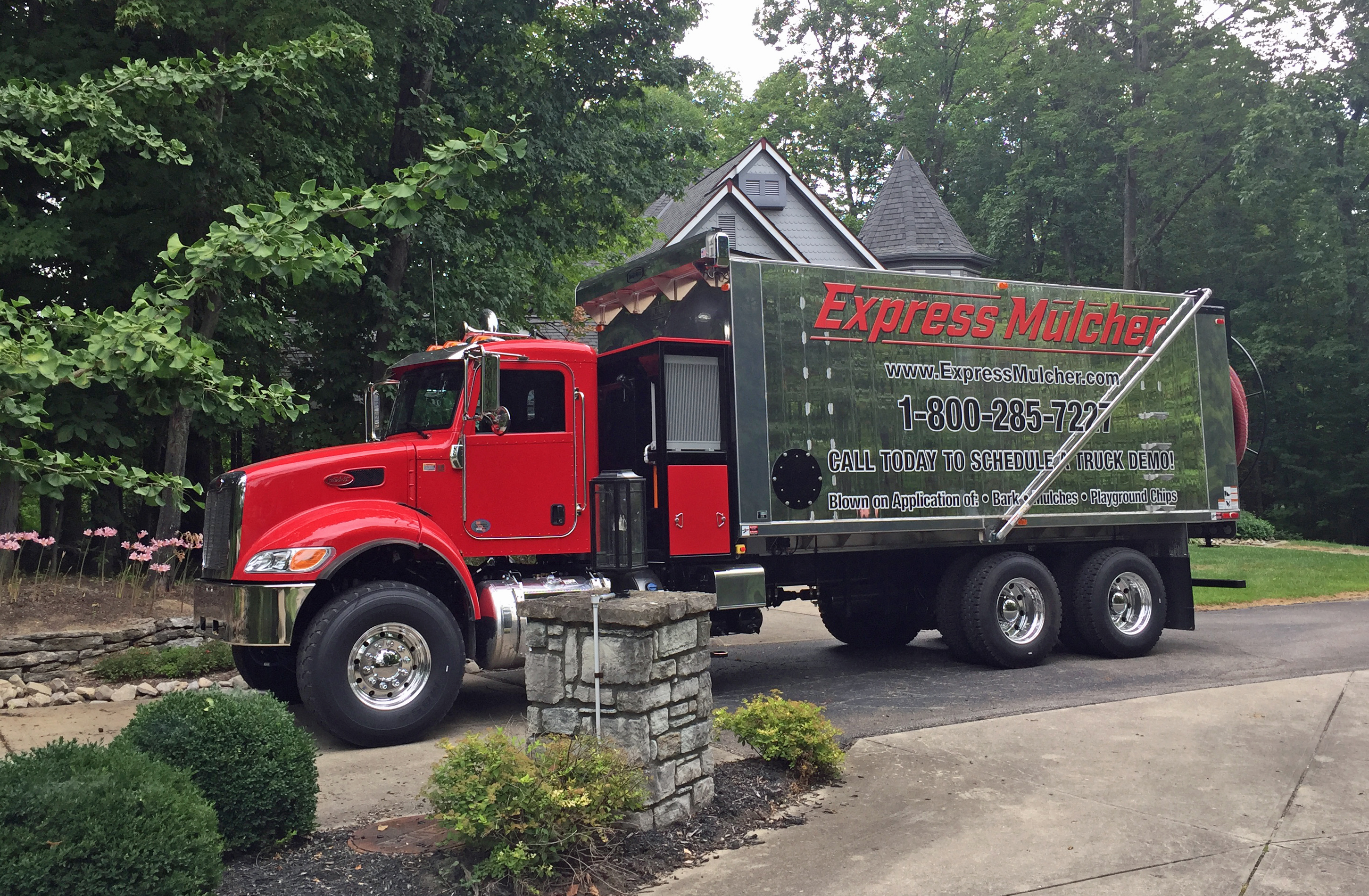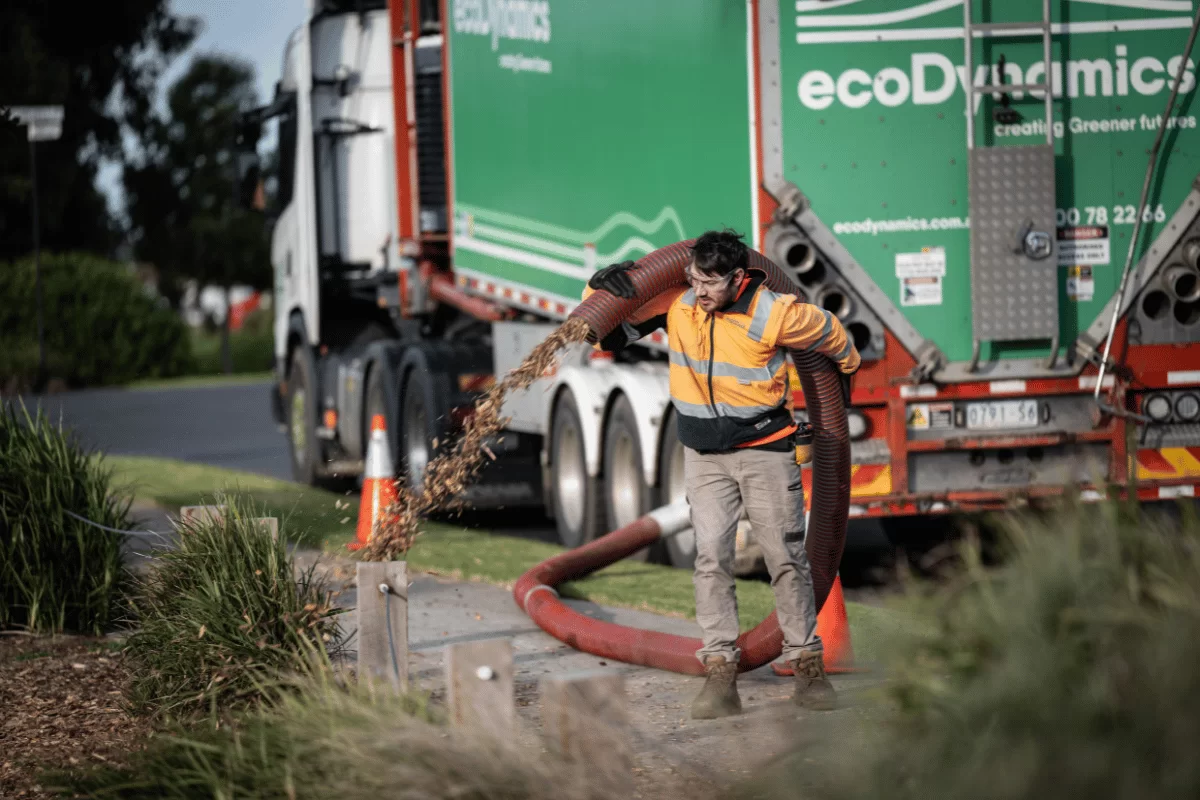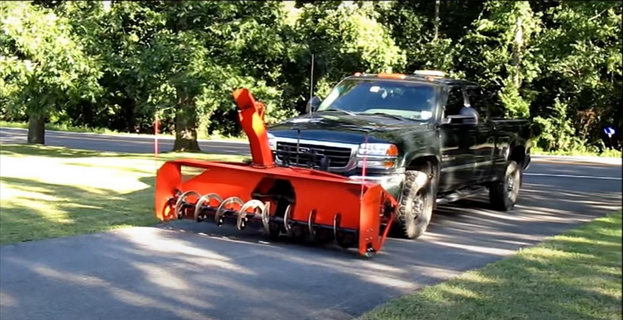Precision Blowing Solutions: Explore Cutting-Edge Blower Trucks for Sale
Precision Blowing Solutions: Explore Cutting-Edge Blower Trucks for Sale
Blog Article
Make Best Use Of Productivity With Blower Trucks: the Ultimate Recycling Equipment
Blower trucks have emerged as the ultimate recycling equipment, offering a myriad of advantages that make the most of performance and minimize waste. From their unrivaled flexibility to the considerable time and labor cost savings they provide, blower trucks are revolutionizing the recycling market. With their reliable transfer of bulk products and the positive ecological influence they have, blower trucks are showing to be the game-changer that organizations and areas alike have actually been waiting for.
Convenience of Blower Trucks
Blower vehicles show exceptional flexibility, making them a crucial tool for a broad range of recycling applications. One of the vital advantages of blower vehicles is their capacity to reach unattainable locations with convenience.
Furthermore, blower vehicles can be used in a variety of reusing applications. Blower trucks are also utilized in erosion control initiatives, as they can distribute hydroseeding products over large areas quickly and successfully.

Time and Labor Savings

Blower trucks are outfitted with effective blowers that can push products with long tubes, permitting operators to reach hard to reach locations effortlessly. This gets rid of the need for hands-on spreading or transporting of products, saving useful effort and time. Blower vehicles can cover large areas in a brief period, making them perfect for projects that need fast turnaround times.
Along with time savings, blower vehicles likewise supply labor financial savings. By automating the product application process, these equipments need fewer workers to complete a task. This not only minimizes labor costs but likewise reduces the threat of injuries connected with manual labor. Blower trucks can be run by a solitary driver, enhancing effectiveness and efficiency on the job website.
Effective Transfer of Bulk Materials
Along with simplifying time and labor, blower trucks master promoting the effective transfer of bulk materials. These versatile makers are especially designed to manage a vast array of materials, including mulch, soil, garden compost, and aggregates. With their effective blowers, blower vehicles can swiftly and accurately disperse these products over large areas, saving both time and effort.
One of the essential advantages of blower vehicles is their capability to transfer bulk materials with accuracy. The blowers can be adapted to regulate the air flow and range, enabling operators to distribute the products exactly where they are required - blower trucks. This eliminates the requirement for hand-operated dispersing, which can be a labor-intensive and time-consuming job
In addition, blower vehicles are equipped with huge storage read review space capabilities, enabling them to transfer and transfer substantial quantities of products in a single trip. This decreases the variety of trips called for and decreases transport expenses. In addition, the efficient transfer of materials with blower trucks ensures very little waste and precise coverage, leading to expense savings and boosted efficiency.
Ecological Benefits of Blower Trucks
Blower vehicles offer significant environmental benefits via their effective and exact transfer of bulk products. By using a blower vehicle, products can be precisely distributed, decreasing the quantity of excess product that is typically squandered during manual application.
Furthermore, blower trucks are known for their capacity to minimize dirt and air contamination. The effective blowers utilized in these trucks make certain that materials are uniformly spread, preventing the launch of dangerous dirt fragments into the air. This is especially vital in city areas where air high quality is a problem. By reducing dust pollution, blower trucks contribute to a cleaner and healthier atmosphere.

Maximizing Resources With Blower Trucks
Blower vehicles maximize the efficient usage of useful sources. These flexible machines are created to deliver and distribute products such as mulch, compost, dirt, and aggregates with accuracy and speed. By utilizing the blowing system, blower vehicles can transfer and put these products better than conventional approaches, enabling optimum source use.
Among the key advantages of blower trucks is their capability to get to difficult and hard-to-access areas. With using long pipes and effective blowers, products can be blown directly to the preferred location, removing the demand for manual labor and lowering the threat of damages to bordering landscapes or frameworks. This not just conserves time and initiative however also guarantees that resources are utilized successfully, as materials can be dispersed equally and exactly.
Moreover, blower vehicles make it possible for the recycling and reuse of materials. Organic waste such as lawn trimmings or food waste can be processed into garden compost and then transferred and spread making use of blower vehicles. This not just lowers the quantity of waste going to land fills but also provides an important source for enhancing dirt top quality and promoting plant growth.
In enhancement to these ecological advantages, blower trucks likewise supply financial advantages. By optimizing the utilization of sources, businesses can reduce material costs and labor costs. blower trucks. The efficiency and rate of blower trucks also enable more tasks to be finished in a shorter amount of time, raising efficiency and productivity
Conclusion
In verdict, blower vehicles offer a effective and flexible option for maximizing efficiency in reusing procedures. With their capability to move bulk products rapidly and with marginal labor, blower vehicles conserve useful time and resources. Furthermore, their ecologically pleasant features add to lasting click resources methods. By using blower trucks, businesses can enhance their reusing processes and make the most of offered sources.
Blower vehicles are furnished with effective blowers that can propel products via lengthy tubes, allowing operators to get to hard to reach locations with convenience. With their effective blowers, blower vehicles can promptly and properly disperse these products over big areas, conserving both time and initiative.
By utilizing a blower truck, products can be exactly distributed, reducing the amount of excess product that is normally lost throughout manual application. When applying products such as mulch or garden compost, blower vehicles can spray a light mist of water, which helps to bind the product together and stop erosion. With their capability to transfer bulk materials hop over to here swiftly and with very little labor, blower vehicles conserve important time and sources.
Report this page